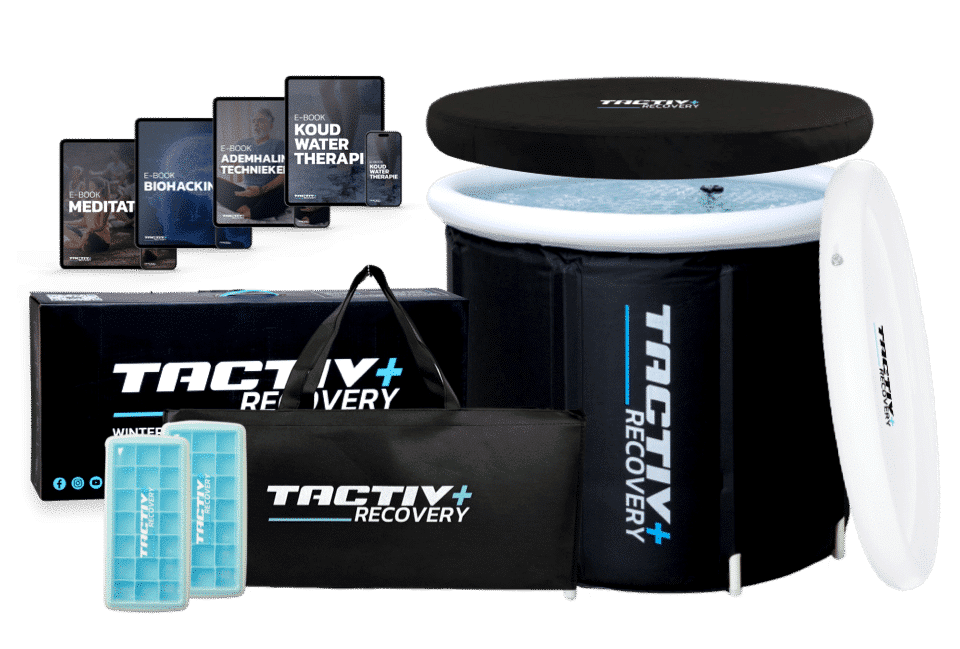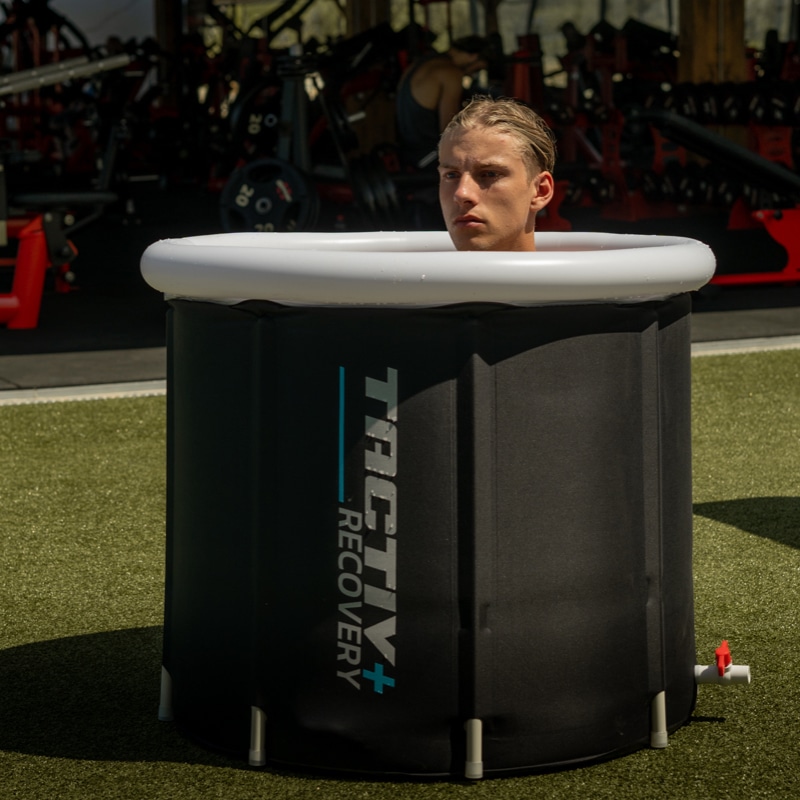Ice bathing pregnant: is it safe for you and your baby?
Pregnancy is a time of care and concern for the health of both the mother and baby. Many women look for ways to feel relaxed or recover from fatigue and relieve any discomfort during pregnancy. An ice bath may be considered appealing in this regard because of the proven benefits of cold-water therapy. But before you decide to take an ice bath during pregnancy, it is crucial to understand its safety and consider the possible risks.
In this blog, we will discuss whether it is safe to take an ice bath during pregnancy. We will discuss the potential risks, effects of adrenaline and the right time for postpartum recovery. The well-being of you and your baby is paramount, and we want to make sure you are well informed before making decisions about taking an ice bath during this special time.
Pregnancy and ice baths: an overview of the risks
During pregnancy, it is very important to be aware of possible risks when taking ice baths. Although cold water therapy can offer many benefits, there are some considerations for pregnant women:
Temperature fluctuations: Taking an ice bath can lead to sudden temperature fluctuations, which can cause stress on the body. Pregnant women are more sensitive to temperature changes.
Circulation: Cold water can constrict blood vessels, which can affect circulation, especially during pregnancy. A good blood supply is essential for the baby’s development.
Stress: Taking ice baths can cause stress and anxiety, which is not desirable during pregnancy. Stress can have negative effects on both the mother and the baby.
Although some people claim that ice baths can help reduce swelling and pain during pregnancy, there is limited scientific research to support these claims. It is crucial to seek medical advice before deciding to take an ice bath while pregnant to ensure that it is safe for you and your baby.
Do not take an ice bath during pregnancy
It is of utmost importance to clearly emphasize that taking an ice bath during pregnancy is generally not advised. There are several reasons why pregnant women should refrain from ice baths.
The most important considerations is the potential risk to the baby. Taking an ice bath can lead to sudden temperature fluctuations and the possible release of adrenaline, both factors that can reduce blood supply to the uterus and placenta. Decreased blood supply can affect oxygen and nutrient delivery to the baby, which can have adverse effects on the baby’s development. In addition, there is limited scientific research on the safety and effects of ice baths during pregnancy. The lack of data makes it difficult to fully understand the risks, which is why medical professionals generally advise against taking ice baths during pregnancy.
To protect the health of you and your baby, it is advisable to follow the advice of medical professionals and avoid ice baths during pregnancy
The effects of adrenaline during pregnancy in an ice bath
While taking an ice bath, the body is exposed to extreme cold, which can lead to the release of adrenaline. Adrenaline is a hormone produced in response to stress or a “fight-or-flight” situation. In non-pregnant individuals, this can lead to benefits such as increased alertness and an improved immune system. However, in pregnant women, the effects of adrenaline may be different.
The release of adrenaline can lead to:
- Vasoconstriction: Adrenaline causes vasoconstriction, which can reduce blood flow to the uterus and placenta. This can affect the oxygen supply to the baby.
- Heart rate increase: Adrenaline can increase the heart rate, which can put additional stress on the pregnant woman’s cardiovascular system.
- Increased stress: The emotional stress caused by adrenaline can be undesirable during pregnancy, as stress can have negative effects on both the mother and baby.
Cold showering pregnant
It is important to understand that cold showering can have similar effects to taking an ice bath. During a cold shower, the body is exposed to cold water, which can lead to temperature fluctuations and the release of adrenaline. These are the main reasons why cold showering during pregnancy is usually not recommended.
As with ice baths, there is limited scientific research on the safety of cold showering during pregnancy. Therefore, it is wise to exercise caution and follow the advice of your health care provider
Postpartum recovery: when are ice baths safe?
After childbirth, many women are looking for ways to recover and support their bodies during the healing process. One of the questions that often comes up is when it is safe to consider ice baths as part of the postpartum recovery process.
It is important to note that taking ice baths immediately after childbirth is generally not recommended. During the first few weeks after birth, the body needs time to recover from the physical stress of childbirth. In addition, the area around the uterus may still be sensitive.
Medical advice is crucial when considering taking an ice bath after childbirth. Your health care provider can assess when it is safe to add ice baths to your recovery routine, taking into account your specific circumstances.
Medical advice about an ice bath after pregnancy
Medical advice is critical when considering taking an ice bath as part of your postpartum recovery. Every woman and every delivery is unique, and what may be safe for one person may be different for another. Therefore, it is essential to keep the following in mind:
- Consult your health care provider: Consult your obstetrician, gynecologist or family doctor before you decide to include ice baths in your recovery routine. Your health care provider can evaluate your specific situation and offer advice based on your health condition and the details of your delivery.
- Wait for approval: Wait for your health care provider’s advice and approval before starting ice bathing. They can recommend when it is safe to start and what precautions you should take.
- Respect your body: Always listen to your body. If you experience discomfort, pain or other unusual symptoms while taking an ice bath, stop immediately and consult your health care provider.
- Follow instructions: If your healthcare provider gives the green light for ice baths, strictly follow their instructions and guidelines to ensure it is safe and beneficial to your recovery.
The well-being of you and your baby is paramount, and medical advice is the best way to ensure your postpartum recovery is safe and healthy. Consult with your health care provider before you decide to take ice baths, and follow their guidance closely.
Are you looking for an ice bath?
Check out our ice bath bundles now and receive an instant discount with the code “TACTIV10”.

